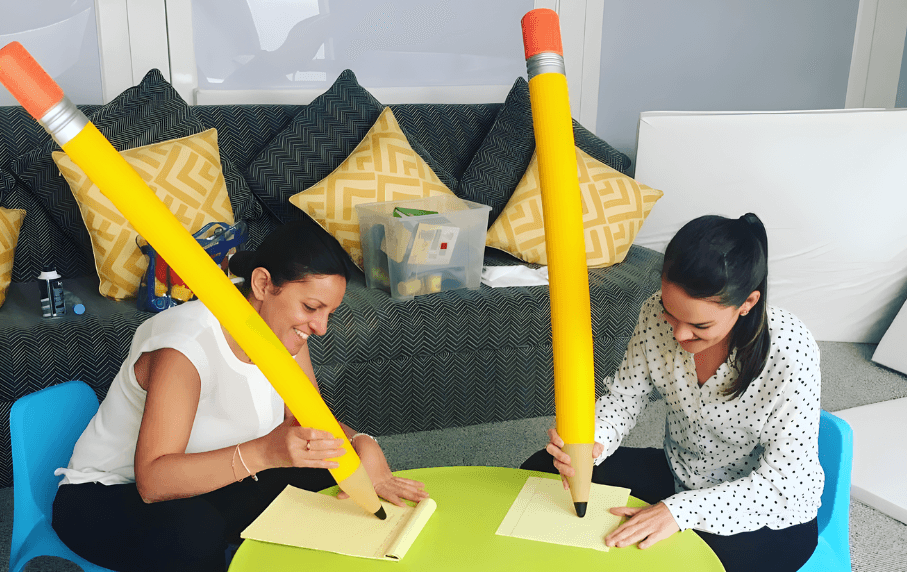
 As a parent, you must distinguish between your child’s behaviours, understanding the difference between those that are deliberate and those that are due to other factors, such as: fear, stress, fatigue, and hunger. Following these 5 parenting rules will help you figure out the clues your child is sending.
As a parent, you must distinguish between your child’s behaviours, understanding the difference between those that are deliberate and those that are due to other factors, such as: fear, stress, fatigue, and hunger. Following these 5 parenting rules will help you figure out the clues your child is sending.
Each parent or guardian will have their own unique way of parenting, which you learnt from how you were brought up. We all tend to parent as we were parented, until we become aware of certain behaviours and make conscious decisions to try and modify them.
We can all think of times when we have said something and immediately had the thought, “I sound just like my mum (or dad).”
Becoming more aware of our influences enables us to select our methods of parenting. Things we like, we can use. Things we don’t like, we can discard.
As children, and even as adults, we learn by watching other people and by sharing our experiences. We also learn by trial and error. Most important of all, whatever parenting method you choose must be agreed upon and be consistently used by both parents. Always follow through on things that you said that you will do, even if you don’t feel like it. As time goes on you will have more experiences to draw from.
There are five main parenting rules which can be summarized as follows:
Your child’s younger years are a time of great learning for them – and for you. Parenting is a skill that can be practiced and learnt, much like learning to play a new sport. It usually takes approximately a month to learn a new habit. The time that you spend learning about your child’s development and ways to teach good behaviour are well worth it and you will continue to reap the benefits in the years to come.
Studies have shown that, as a parent, changing your pattern of verbal and non-verbal behaviour can help in improving your child’s behaviour and communication skills. My 10-week Parent-Child Interaction Coaching will be valuable to any parent or guardian who is struggling to improve their parenting skills.